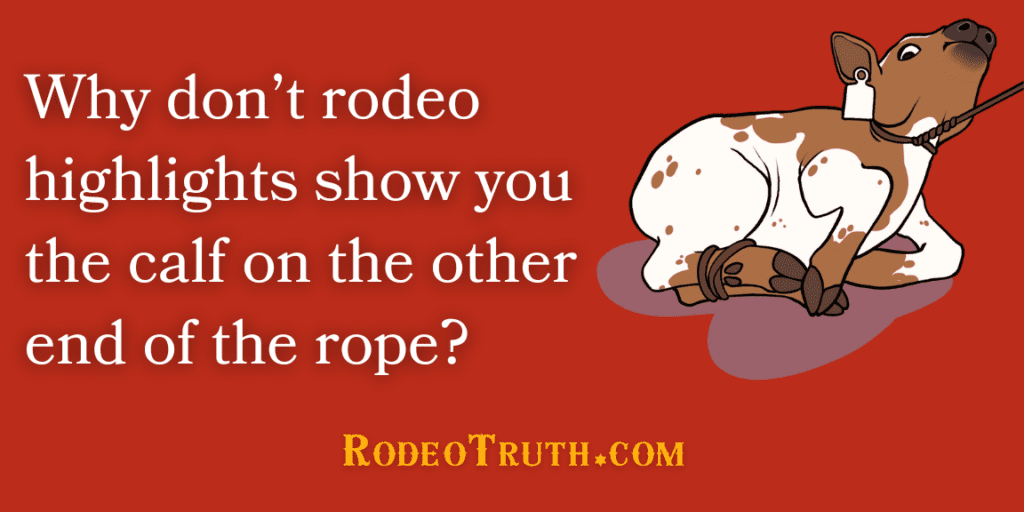CALGARY, June 30, 2025—Animal protection organizations are raising the alarm about mounting censorship efforts by major advertising companies and media groups in the lead-up to the Calgary Stampede.
While the Stampede is heavily promoted across Canada as a national celebration, the darker side of its animal events is increasingly hidden from public view. When animals are inevitably injured or killed—a grim annual tradition—the live broadcast quickly cuts away, leaving announcers to fill the silence while the arena is cleared.
Increasingly, animal welfare advocates say that corporate advertising companies are going further to block even mild criticism from reaching the public.
This year, the Vancouver Humane Society (VHS) attempted to run a billboard with Astral Media Outdoor, owned by Bell Media. The billboard would have been placed along the Stampede parade route, pointing out that distressing moments—like when a rope tightens around a calf’s neck—are typically edited out of rodeo highlights. Sharing this fact proved too much for Bell Media, despite initially approving the sign.

Just days before launch, Bell Media abruptly demanded last-minute changes before cancelling the billboard altogether. The company rejected the VHS’s photo-based ads in 2024, while Pattison Outdoor Advertising, another major ad company, refused all “animal advocacy advertising.”
After Bell withdrew, other approved ad campaigns began to unravel. Rogers Media, which had sent radio ad contracts and collaborated on script development, reversed course, stating that the ads would “diminish the value of the Rogers’ brands.” The Calgary Stampede is one of Rogers Sports & Media’s properties, a representative noted.
RedPoint Media Group, which had agreed to place online ads in Avenue Calgary, also rejected designs mentioning animal welfare concerns and offered to run general ads about the VHS instead. Their production team said they do not accept “political” messaging—despite one of the rejected ads stating only: “Like dogs, calves suffer stress and injuries from rough handling.”
“We’ve been advocating for an end to cruel practices at the Calgary Stampede for decades, but this year we’ve had three advertising companies backtrack on ads with signed contracts,” said VHS Communications Director Chantelle Archambault. “We’re extremely concerned that companies are keeping animal welfare messaging from reaching the public.”
“These moves to silence even mild criticism show an alarming imbalance, where an event that routinely sees animal deaths and injuries is shielded from scrutiny by powerful corporations,” said Alexandra Pester, Calgary-based staff lawyer at Animal Justice. “Frankly it’s also insulting to Calgarians, suggesting they can’t be trusted to make up their own minds about controversial events.”
– ends –
SOURCE Vancouver Humane Society
For more information, contact:
Chantelle Archambault
Communications Director, Vancouver Humane Society
chantelle@vancouverhumanesociety.bc.ca
604-416-2903
Alexandra Pester
Staff Lawyer, Animal Justice
Related media: Attached
Related links:
https://vancouverhumanesociety.bc.ca/
